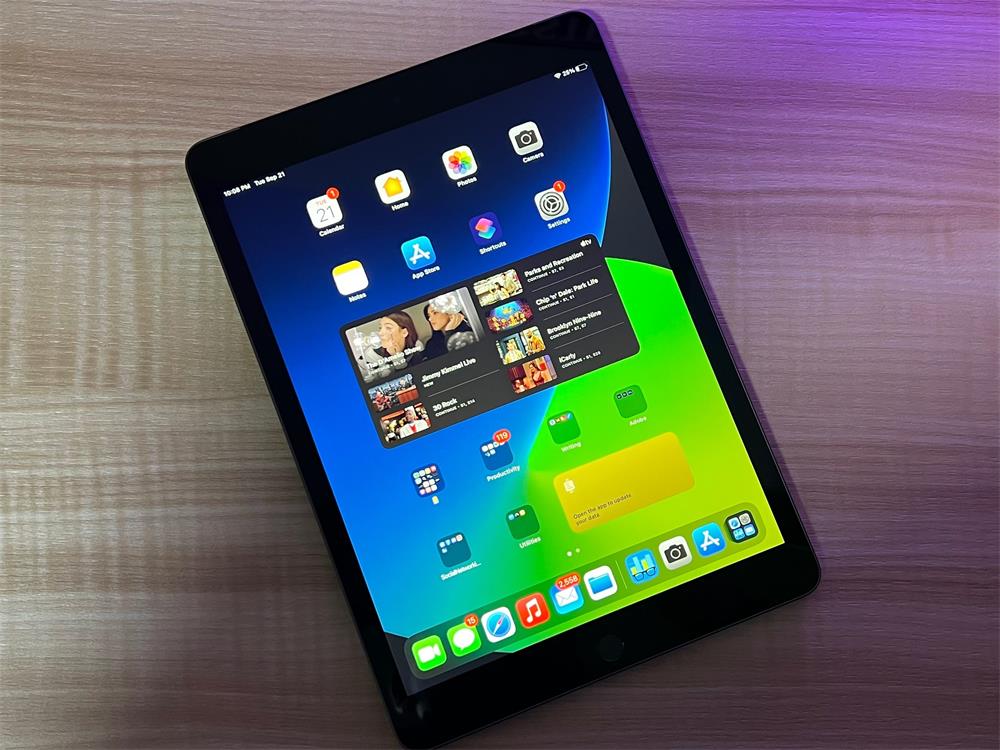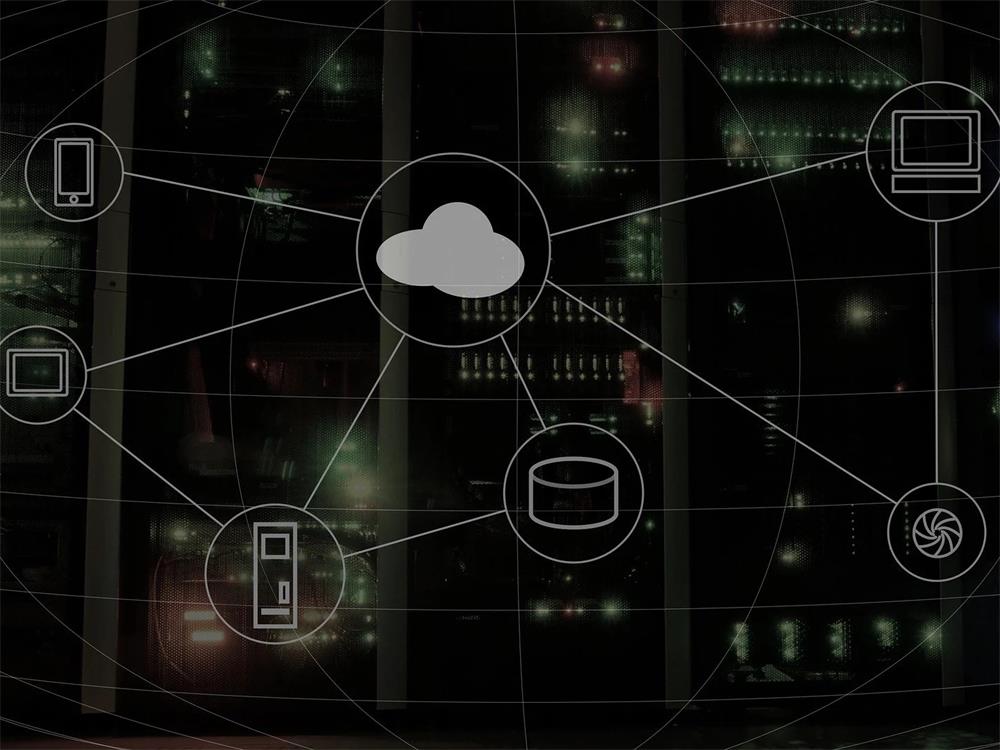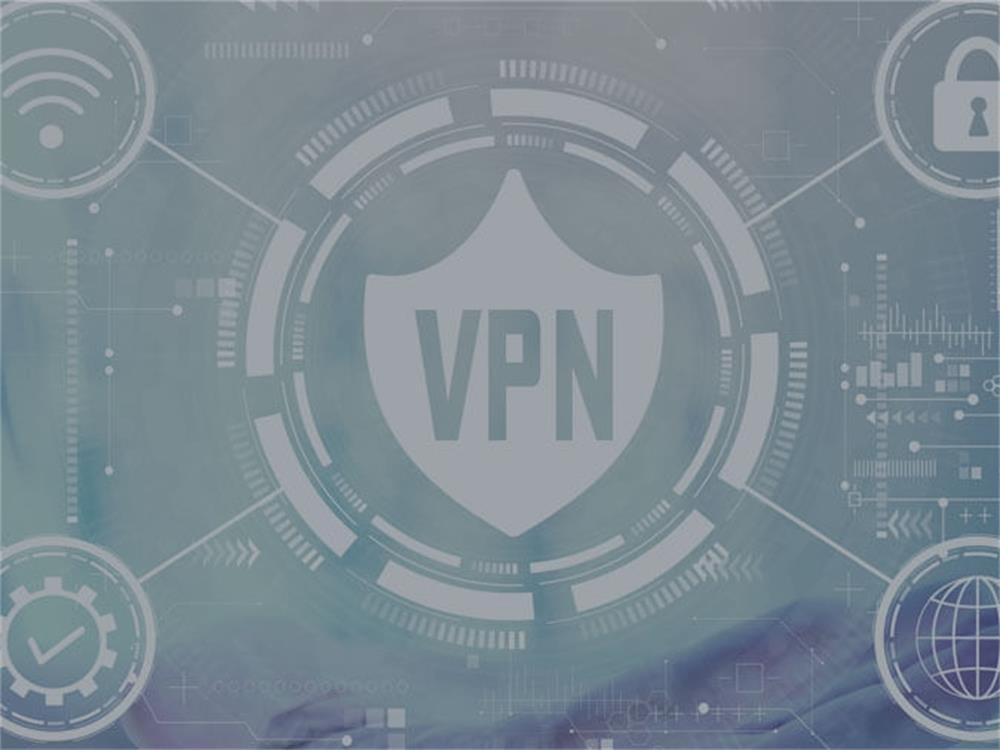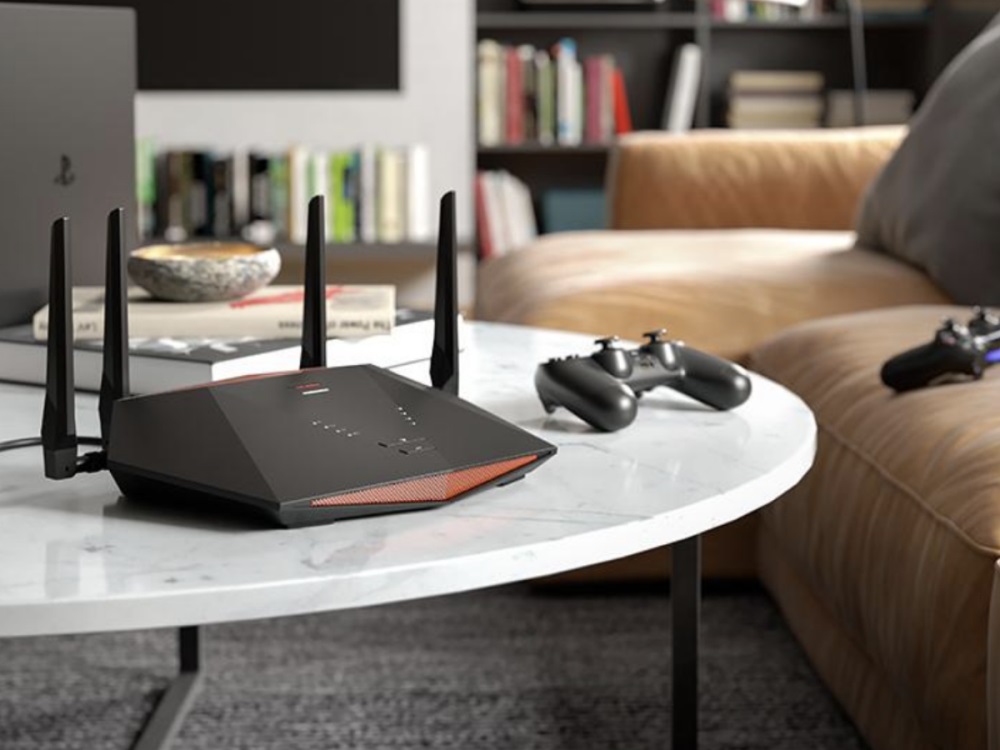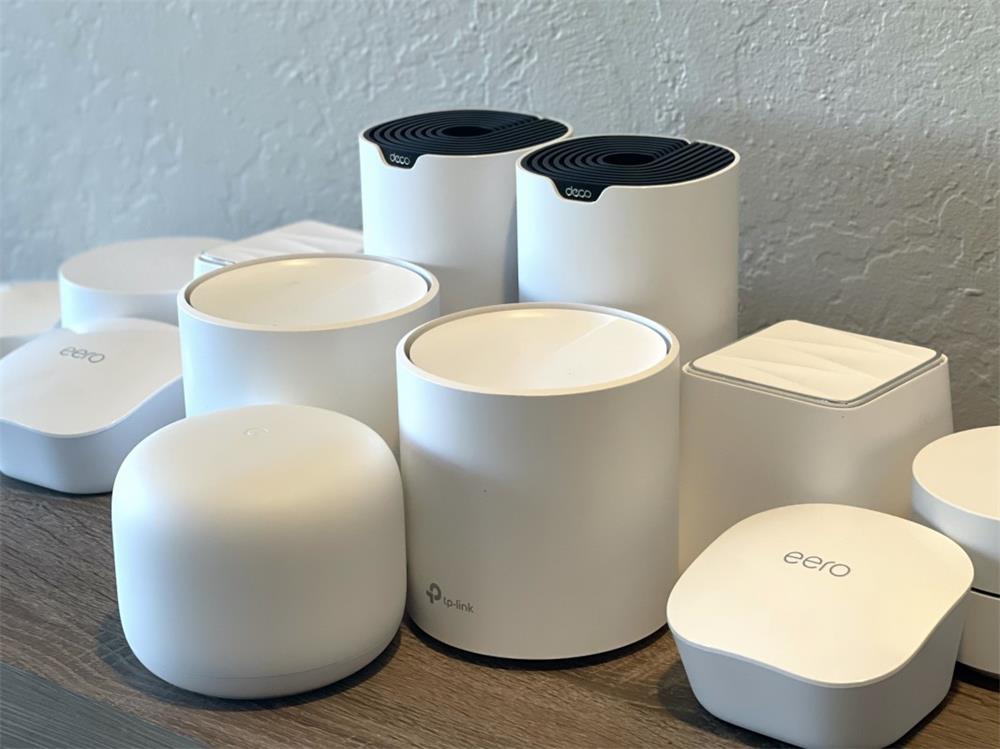A VPN (Virtual Private Network) is a service that creates a secure and encrypted connection between your device and a remote server. VPNs are widely used for online security, privacy, and bypassing censorship or geo-restrictions. But are they really worth it? In this article, we will review the main advantages and disadvantages of using a VPN.
Pros of using a VPN
- Privacy: A VPN hides your IP address and encrypts your data, making it harder for anyone to track your online activities or access your personal information. This includes your internet service provider (ISP), government agencies, hackers, or advertisers. A VPN also prevents your ISP from throttling your bandwidth based on your browsing habits or content preferences.
- Security: A VPN protects you from various cyberattacks, especially when you use public Wi-Fi networks or unsecured connections. A VPN encrypts your data before it leaves your device, so even if it gets intercepted, it can’t be read by the attacker. A VPN also protects you from man-in-the-middle attacks, DDoS attacks, malware, ads, and trackers.
- Bypass censorship: A VPN can help you access websites and content that are blocked or restricted in your country or region. For example, you can use a VPN to access social media platforms, news outlets, streaming services, or online games that are censored by your government or ISP. A VPN can also help you avoid surveillance and harassment from authorities or other parties.
- Stream region-locked content: A VPN can help you enjoy more online entertainment options by changing your virtual location. You can use a VPN to access streaming services that are only available in certain countries or regions, such as Netflix, Hulu, BBC iPlayer, Disney+, etc. You can also use a VPN to get better deals on online shopping, travel, or gaming.
Cons of using a VPN
- Slower connection: A VPN can affect your internet speed and performance, depending on various factors such as the encryption level, the server location, the network congestion, the protocol used, etc. Some VPNs may slow down your connection more than others, especially if they are free or cheap. You may experience lower bandwidth, higher latency, or connection drops when using a VPN.
- Some VPNs are insecure: Not all VPNs are created equal. Some VPNs may have weak encryption, leaky protocols, poor privacy policies, or shady practices that compromise your security and privacy. For example, some VPNs may log your data and sell it to third parties, expose your IP address or DNS requests, inject ads or malware into your traffic, or cooperate with law enforcement agencies.
- Subscription costs: Most reputable and reliable VPNs are not free. You usually have to pay a monthly or yearly fee to use their service and access their features. The cost may vary depending on the plan you choose, the number of devices you use, the payment method you prefer, etc. Some VPNs may offer free trials or money-back guarantees to let you test their service before committing.
- VPNs are banned in certain countries: Some countries have strict laws and regulations that prohibit or restrict the use of VPNs. These countries may block VPN websites and servers, monitor VPN traffic and users, impose fines or penalties for using VPNs, or even arrest or detain VPN users. Some examples of these countries are China, Iran, Russia, Turkey, etc. If you travel to these countries, you may need to be careful about using a VPN.
- Incompatible with certain devices: Some devices may not support VPNs or have limited compatibility with them. For example, some smart TVs, gaming consoles, routers, etc., may not have native VPN apps or settings. You may need to use alternative methods to set up a VPN on these devices, such as using a compatible device as a hotspot or installing custom firmware on your router.
- VPN does not protect you from voluntary data collection: A VPN can hide your IP address and encrypt your data from third parties, but it cannot prevent you from voluntarily sharing your data with websites and apps that you use. For example, if you sign up for an online service with your real name and email address, use social media platforms that collect your personal information and preferences, or click on links or ads that track your behavior online, a VPN will not protect you from these data collection practices.
Is a VPN worth it?
The answer depends on your needs and preferences. A VPN can offer many benefits for online security, privacy, and freedom, but it also comes with some drawbacks and limitations. You should weigh the pros and cons of using a VPN and choose a reputable and reliable VPN provider that suits your budget and expectations. A VPN is not a magic bullet that can solve all your online problems, but it can be a valuable tool that can enhance your online experience.


